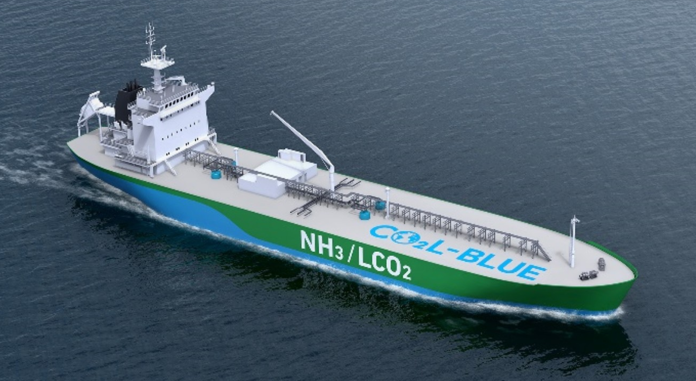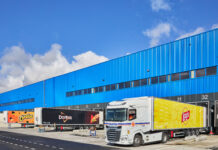
Mitsubishi Shipbuilding, a part of the Mitsubishi Heavy Industries (MHI) Group, and Nippon Yusen Kabushiki Kaisha (NYK Line) have been granted Approval in Principle (AiP) from the Japanese classification society ClassNK for a ship that can transport ammonia and liquefied CO2 (LCO2).
According to the statement, LCO2 carriers have an important role as one of the means of efficiently transporting captured and liquefied CO2 to storage sites or effective use sites in the CCUS (Carbon dioxide Capture, Utilisation and Storage) value chain, which is attracting attention as one of the means to realise a low-carbon and decarbonised society.
In fact, ammonia is attracting worldwide interest as a next-generation clean energy that does not emit CO2 during combustion. The movement to utilise ammonia in decarbonisation is also gaining momentum worldwide.
With this AiP, the two companies will utilise their accumulated knowledge of ammonia and LCO2 to aim for the safe and economical transportation of ammonia and LCO2 on the same carrier.
“In that case, the carrier could transport ammonia to thermal power plants on the outbound route and then carry CO2 emitted from thermal power plants to storage sites on the return route,” said NYK Line.





